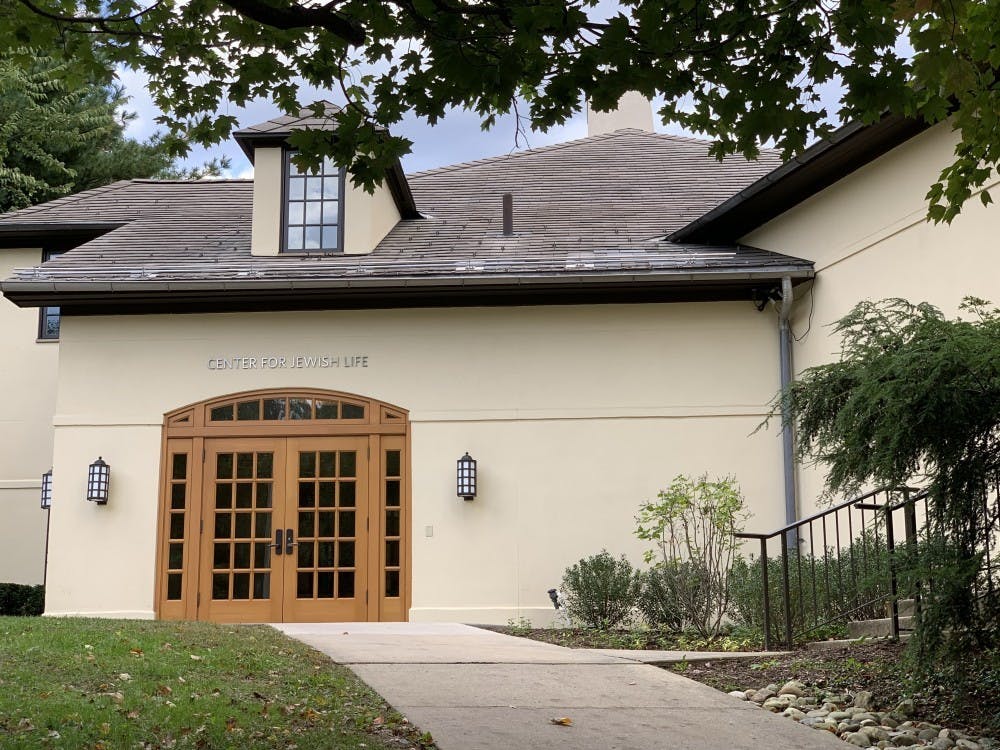I know very little about the Georgia Ports Authority, Guinness Peat Aviation or Generalized Procrustes analysis. But, I do know that they share a scary acronymic sibling. Clearly, the Grade Point Average is a form of scoring and a means of differentiation. The concept is straightforward and should be simple to understand. But, it’s not that easy. Although my foreign brain can comprehend the differences between here and home, it seems that adjusting to fit this alternative atmosphere is not entirely painless.
But why? Why should change be difficult? I can comprehend what needs to be done to perform well at Princeton. It’s not complicated. So, I should just plug action into the formula and expect a certain result. Yes, actually. Grade Point Average. Work hard. Hope for the best. I get it. This change of educational system is not difficult because I am struggling to stay afloat in uncharted, unexplained, unfathomable waters. The change is difficult because I’m afraid and want to be able to disguise the incompetence and failure that fear expects and cloak it in excuses of adjustment.
Exams are scary. The system on this side of the Atlantic makes them scarier. Appropriately steely-faced, Russell Crowe addresses his troops as General Maximus and exposes the root of this fear: “What we do in life echoes in eternity.” Humans unthinkingly believe in their own enduring legacy. Thus, they want to achieve, and such achievement demands continued effort. Princetonians, having already worked to reach this University, likely display this trait. We have always been told that good grades in high school will lead to a good university; a good degree will lead to a good job; and good work at a good job will lead to a better job. Hooray! Good. Simple.
As usual, it’s not. Our GPAs will not echo in eternity any more than the beat of a bodhran drum in a crowded Atlantic-side Irish pub. If anything, the drumbeat is more valuable than anything we can scribble on creased Princeton exam papers. Few hearts will be lifted at the news of your 4.0; yet the music can inspire. No one will stand upon a Darien peak and gaze at your exam results. In themselves, they are worthless. Sure, go out, work hard for your GPA and achieve. The end result may be a worthwhile goal. You may win that job and change those lives. But, don’t fear a poor result. Become knowledgeable, nurture friendships and, from those strong foundations, make even the smallest difference on our planet. That will produce a tuneful echo. It’s unfortunate that these sentiments must be couched in sickeningly cliched and trite language, but if we can “touch” a life, or lives, while also really living ours, that’s infinitely more valuable than any exam grade.
This article has wandered and wondered long enough. I pretend that the American system is hard to adjust to because I am an international student. That’s just one protective barrier. You might have your own. Like many others, I’m afraid. I’m afraid of bad exam results and a poor GPA, and I want to lay the potential blame for such failings elsewhere. The more rational approach to this fear demands that we put our lives in perspective. My roommate pointed me to a recent article in Duke magazine. In the piece, a student describes how we can “forget how intricate we are as human beings” and that we “whittle ourselves down to a list of traits based on our weight, our attractiveness level and our GPA.” That’s exactly the point. We are on this planet for no definite amount of time and should spend none of it worrying about exams. Certainly, work hard, “succeed” and contribute to the progress of our civilization. If you want, work at the Georgia Port Authority and make a difference there. But, don’t panic if there are bumps along the way, or if your “success” is not of the traditional money-making or award-grubbing kind. Remember how intricate we are. And then, with a nod to the immortal genius of Sean Kingston, I have a feeling everything is going to be all right.
Philip Mooney is a freshman from Belfast, Northern Ireland. He can be reached at pmooney@princeton.edu.







